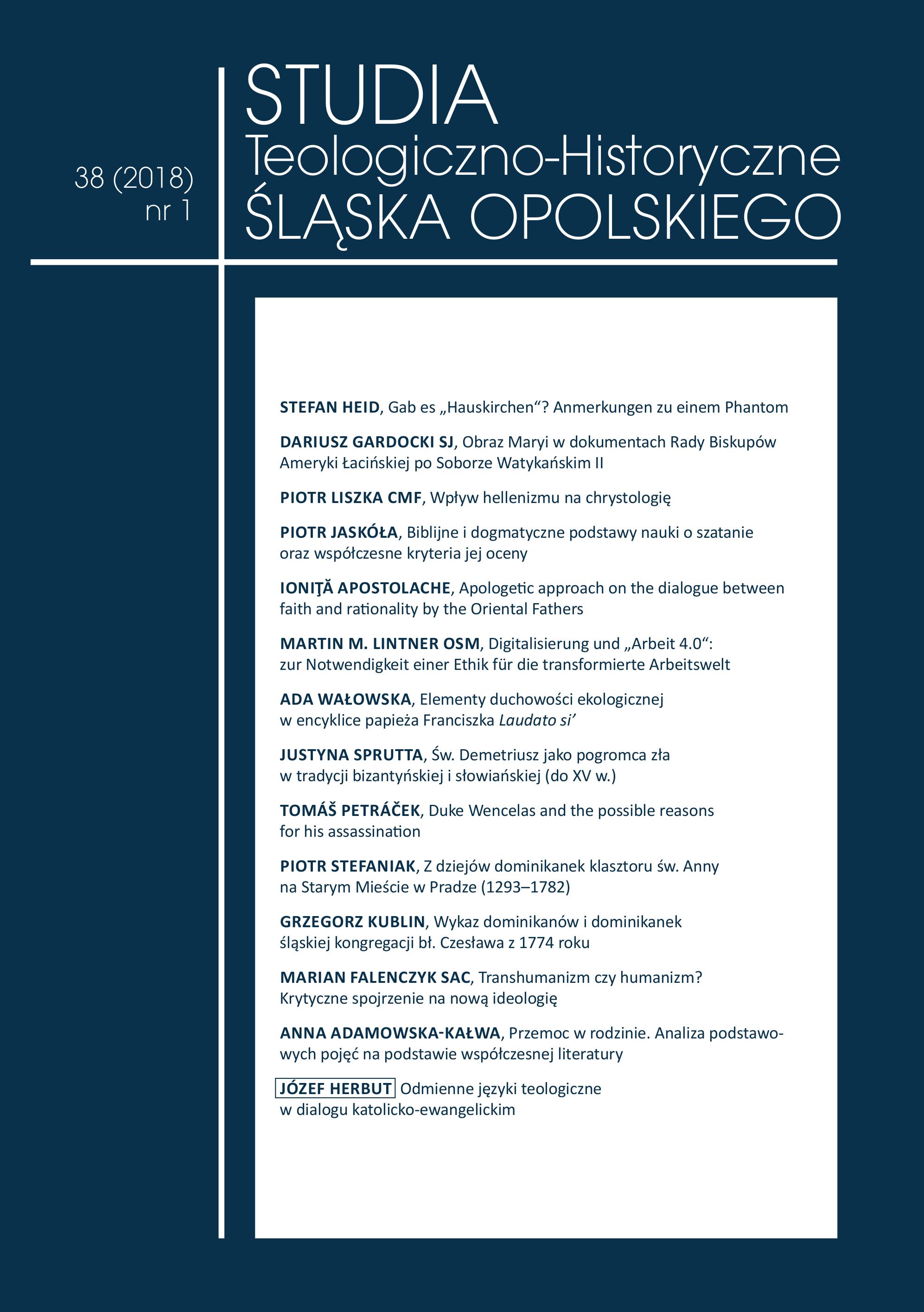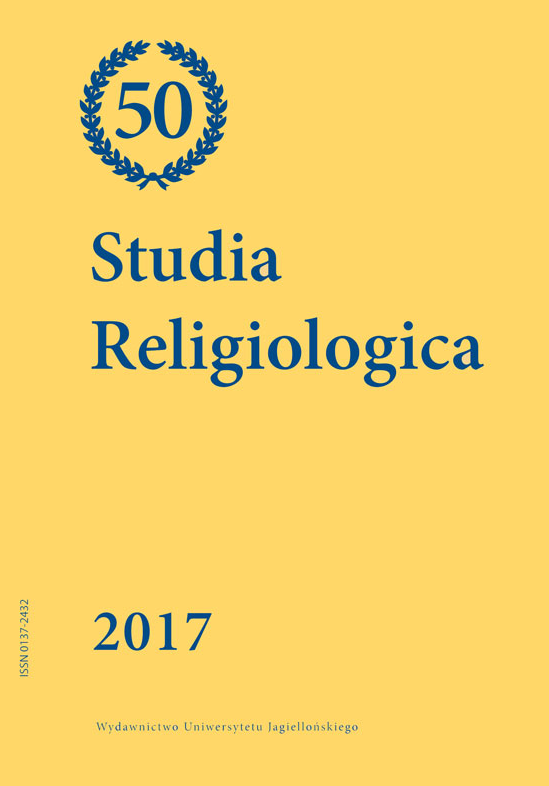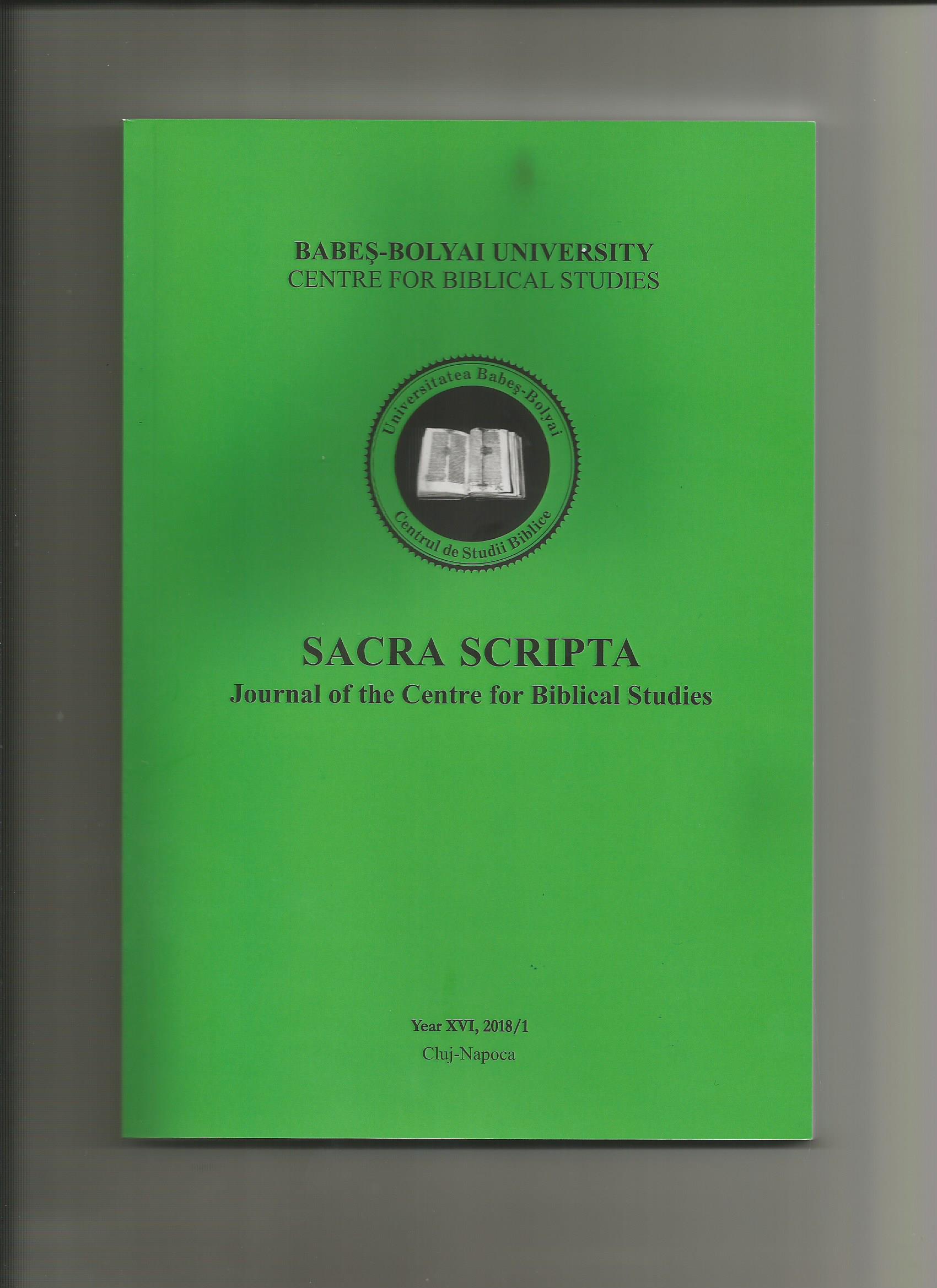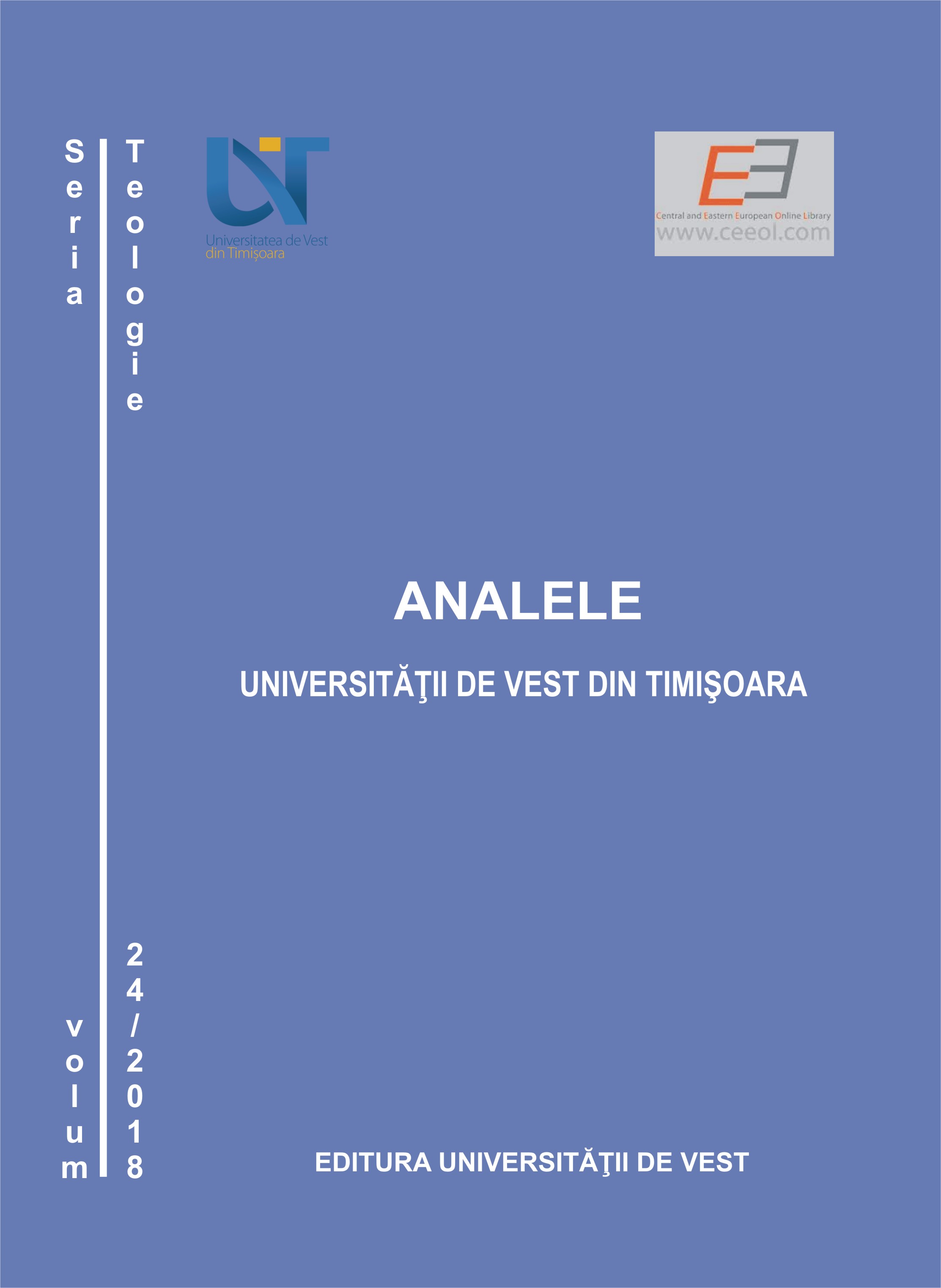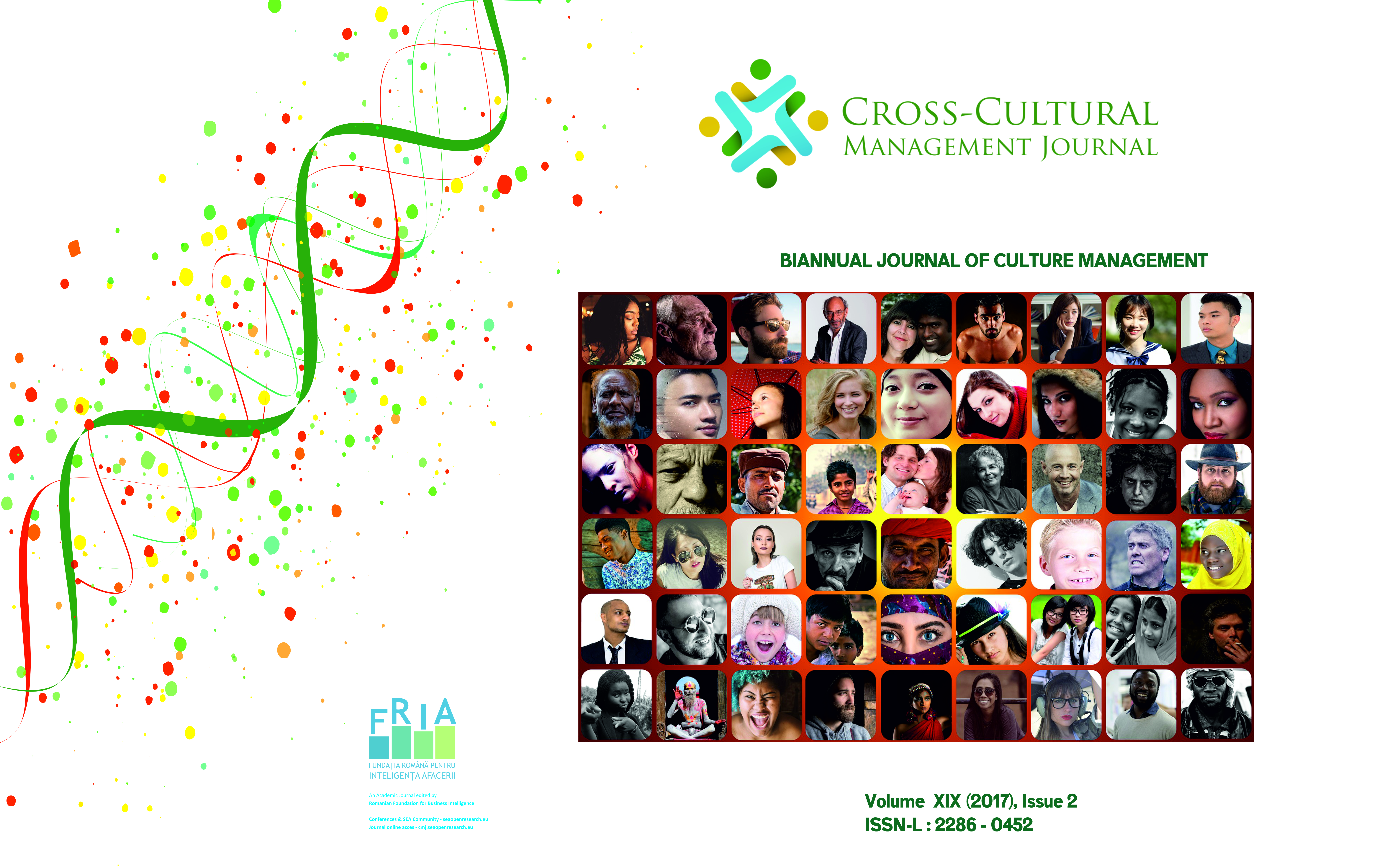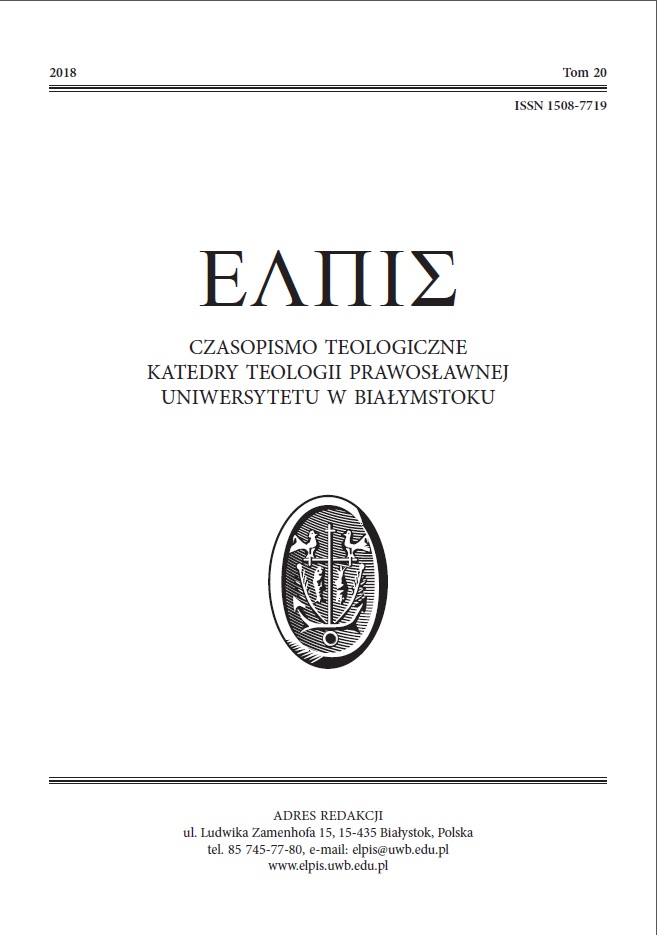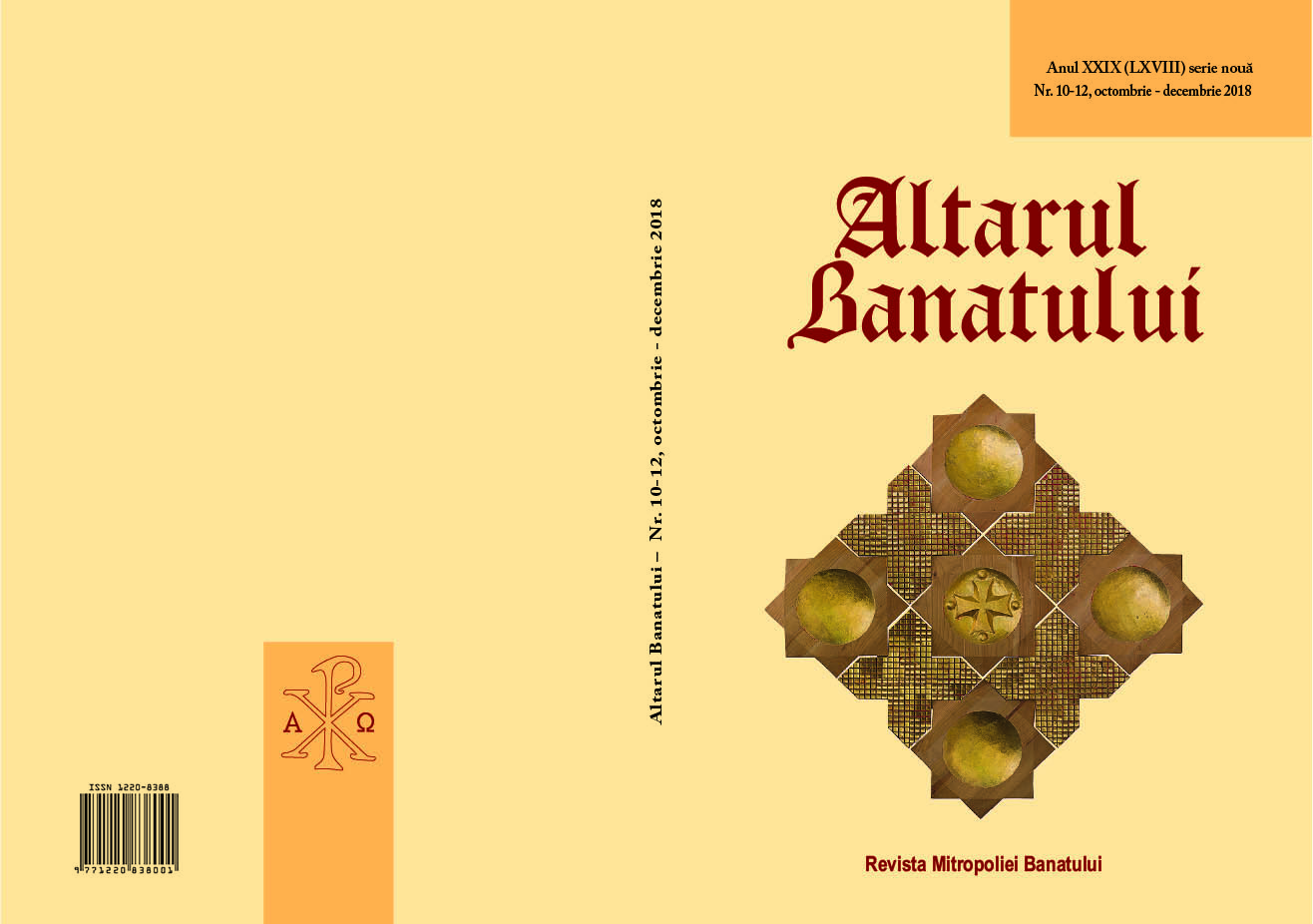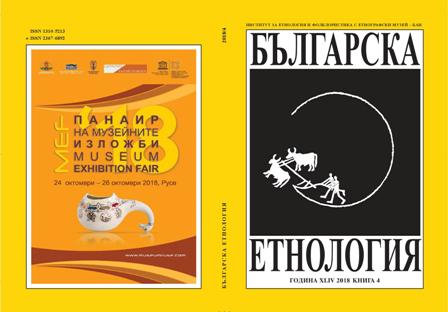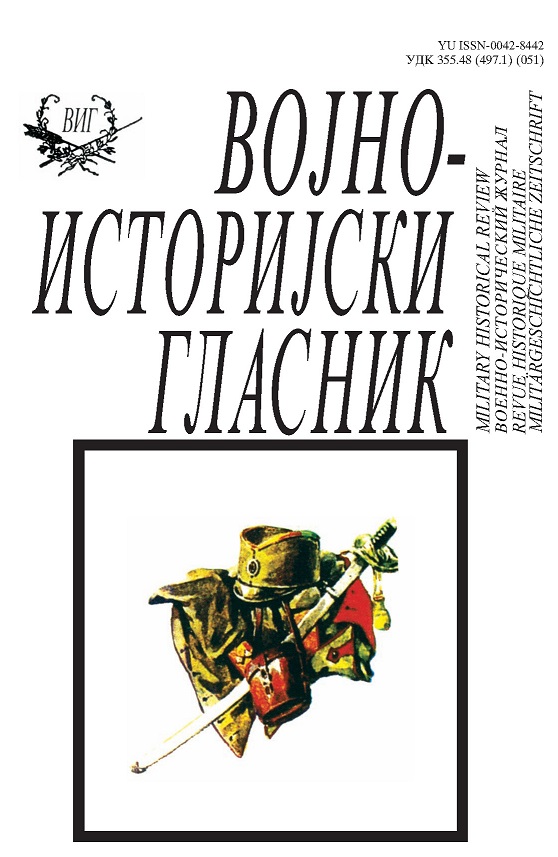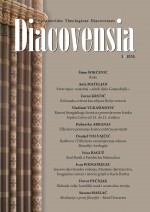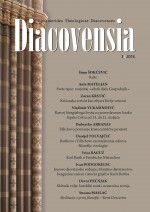Author(s): Andrzej Baczyński,Doroteusz Sawicki / Language(s): Polish
Issue: 20/2018
In 1918, after the 120 years of occupation by three neighbouring powers, Austria, Prussia and Russia, Poland obtained its desired independence and returned on the map of Europe. Warsaw became the capital of the Republic once again. One of the authorities’ first moves was to resume the activities of the University of Warsaw that were disrupted by the war. We needed qualified staff who would rebuild the country. This concerned politics, administration, culture…, and the religious life of our homeland. For this purpose, the Faculty of Catholic Theology was established (1918), Faculty of Lutheran Theology (1922), and in 1925, the Faculty of Orthodox Studies was also opened. Throughout the 14 years of its existence up to the outbreak of the Second World War in 1939, the Faculty of Orthodox Studies faithfully fulfilled its mission of serving the Church, education and the homeland. It educated priests and theologians dedicated to the church and citizens committed to their homeland. Unfortunately, the process of building today’s well organized and extensive structure of higher (and secondary) Orthodox theological schooling in Poland was neither simple nor short lived. After the war, when the University of Warsaw refused the Faculty of Orthodox Studies the right to further operate, it turned into the Faculty of Orthodox Theology at the Christian Theological Academy to continue serving God, the Church and education. The Orthodox Theological Seminary in Warsaw experienced many changes and processes after the war in order to obtain its current shape and level. The Department of Orthodox Theology at the University of Białystok was established in 1999. It is a continuation and expansion of the theological education at the University of Warsaw. The Faculty of Orthodox Studies at the University of Warsaw, the Christian Theological Academy, the Orthodox Theological Seminary and the Department of Orthodox Theology at the University of Białystok, along with post-secondary studies in iconography and hymnography, as related academic and didactic units, have performed and still performs their tasks in serving education and the Orthodox Church. By mutually taking advantage of this experience (it should rather be said that taking advantage of the Faculty of Orthodox Studies at the University of Warsaw after the war), they fulfilled their expectations despite difficult times and unfavourable politics. They form a constantly developing spiritual and cultural common heritage of the Republic.
More...
